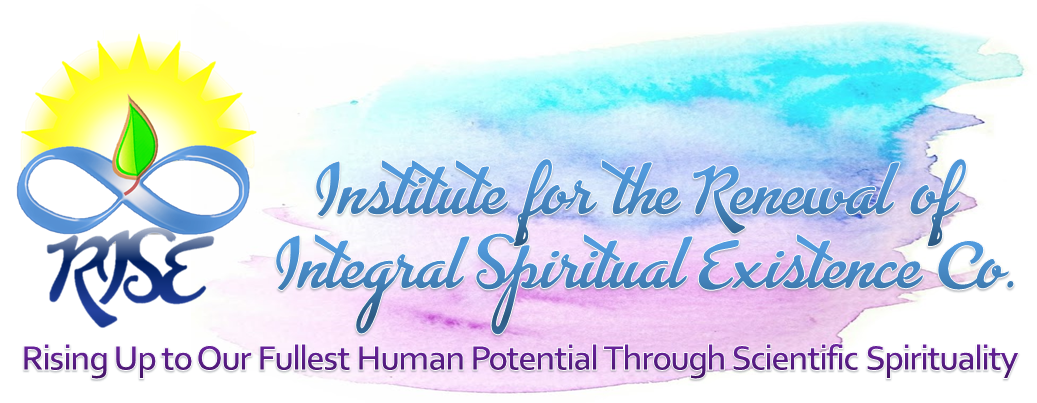The entire country is currently observing Holy Week. But do we know the connection between the Agony of Christ in the Garden of Gethsemane before His death on the cross and His temptation in the desert?
When we understand this connection, we have a massive clue as to how to handle the most pressing and urgent problems in our lives, including overcoming temptations and surpassing personal pain.
Temptation: Change Stone into Bread
After being baptized in the River Jordan, Christ “was led by the Spirit into the wilderness” (Luke 4:1), fasting for forty days and forty nights. At the end of His fasting, Christ was very hungry. His hunger immediately triggered the coming of his adversary, the devil. It is as if a shark tasted blood in the waters and homed right on the location of its potential meal.
The devil tempted Christ. Here is how the first temptation is described in the Gospel of St. Luke.
“4:3 And the devil said unto him, If thou be the Son of God, command
this stone that it be made bread. 4:4 And Jesus answered him, saying, It is written, That man shall not live by bread alone, but by every word of God.” (Emphases added.)
Christ did not reject the need for bread. He acknowledged that the physical body of humans needed bread to survive earthly human existence.
But Christ also pointed out that the tasks of humans are not limited solely to seeking bread. This rightful seeking for nourishment of the physical body needed to be placed in the higher context of following “every word of God”.
If we place priority on bread seeking and forget God’s word, then we would have fallen victim to the devil’s temptation. We will have forgotten our spiritual nature and simply focused on survival without purpose. Life would be without higher meaning and would be miserable.
This simple story emphasizes that to be truly human, we need to have clear priorities in our lives. We have to balance the earthly goals and objectives of our Conditioned and Programmed Self with the real purpose and mission of our Authentic or True Spiritual Self.
This message of a hierarchy of priorities is one of the central themes of the New Testament. As such, it lies at the very essence of the “Our Father”, which Christ taught is the most important form of prayer for a true Christian. We will deal with this in a future article as it is intimately connected with both temptation in the desert and the agony in the Garden of Gethsemane.
What then is the connection of the Temptation in the desert with the events of the Holy Week? For the answer, we turn our attention to the agony of Christ in the Garden of Gethsemane.
The Agony in the Garden
Christ knew that the time for his sacrificial death was coming. After the Last Supper with His disciples, He asked them to accompany Him in prayer at the Garden of Gethsemane. He requested His disciples to wait for Him while He prayed to His Father.
During prayer, Christ could foresee His tremendous trials and sufferings.
He instructed His disciples, saying:
“Watch and pray, that ye enter not into temptation: the spirit indeed is willing, but the flesh is weak. He went away again the second time, and prayed again, saying, My Father, if this cup may not pass away from Me, except I drink it, Thy will be done. And He came and found them asleep again: for their eyes were heavy. And He left them, and went away again, and prayed for the third time, saying the same words.” (Matthew 26: 39-44) (Emphases added.)
We find a similar account in the Gospel of St. Mark.
“And he said, Abba, Father, all things are possible unto thee;
Take away this cup from me: nevertheless not what I will, but what
thou wilt. And he cometh, and findeth them sleeping, and saith unto Peter, Simon, sleepest thou? Couldst not thou watch one hour? Watch
ye and pray, lest ye enter into temptation. The spirit truly is ready,
but the flesh is weak. (Mark 14:36-38) (Emphases added.)
In both accounts, Christ was experiencing tremendous pain. He was even sweating blood. (Luke 22:44)). Yes, he had the inner integrity and courage to let go of His Will to live and allow the Will of God to prevail.
With both accounts, the central motto of a True Christian is the statement, “Not my will but God’s will be done”. Or similarly, “Not I, but Christ in me”.
In a follow-up article, it will be clear that this motto of God’s Will in our life as the over-riding motive will be a central striving in our life as true humans. Following God’s Will brings us true fulfillment and happiness. Not all are destined to die like Christ in fulfillment of our mission. That task was specific to Christ.
But the moment we place our entire life in the pursuit of higher motives and purpose, then we can be sure that we will live a truly meaningful, vibrant, and happy life. No matter what kind of challenges we meet in our journey to our perfection, we will prevail. This will be so especially if we intend to place all our perfection in the service of God’s Will for humanity.





